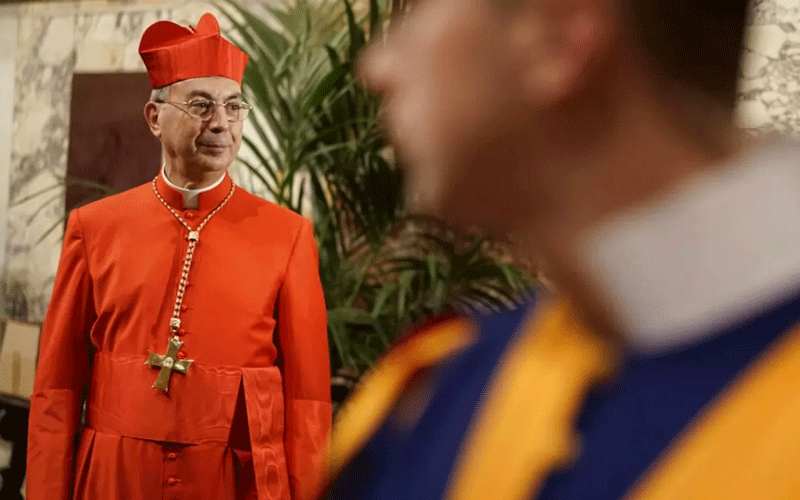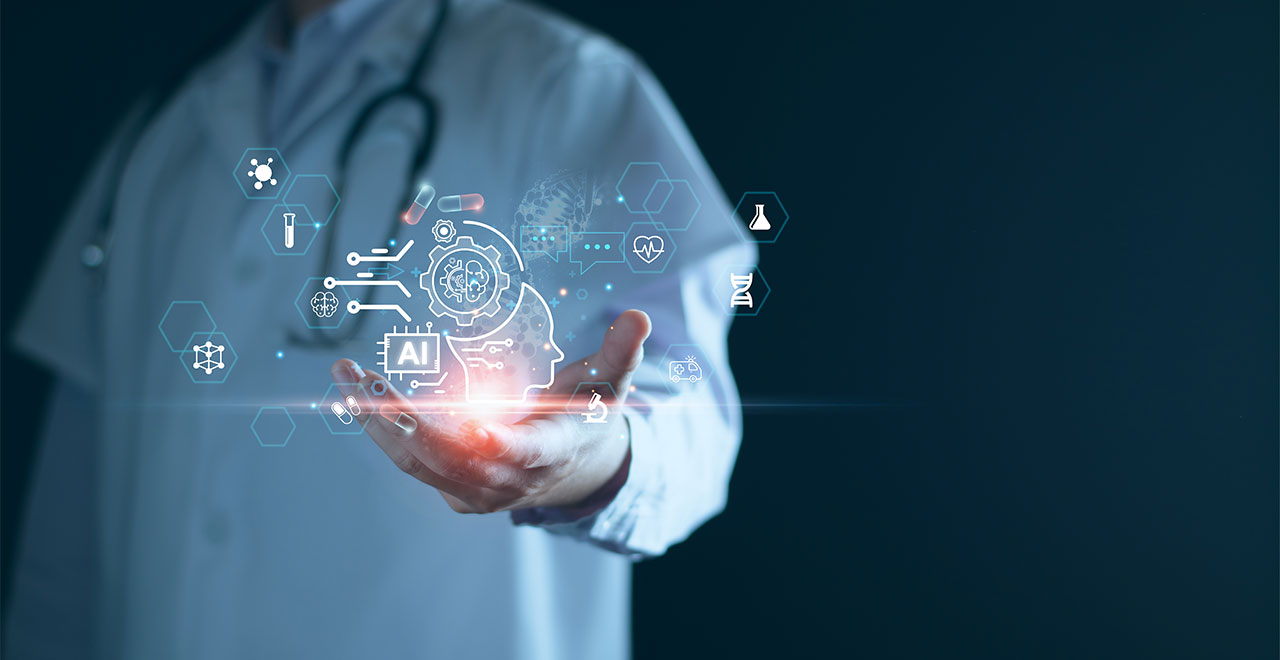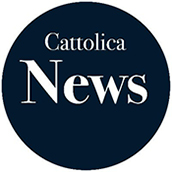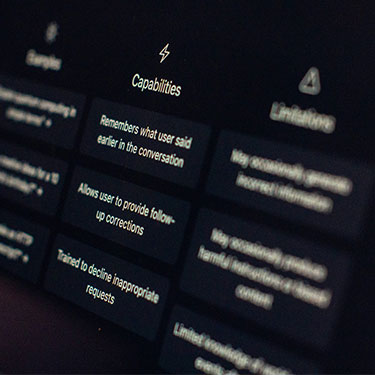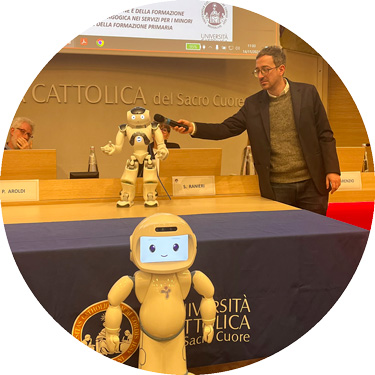Is Artificial Intelligence changing Medicine?
This is one of the most frequently asked questions that doctors, professionals and companies have been asking for some years now. And it is one of the questions, generally applied to all fields of knowledge, that cannot fail to be asked by those who are called upon to educate and train the younger generations, particularly those who are studying and gaining their first experiences in curing diseases and caring for the sick.
In the wake of this question and all the possible innovations arising from it, some of which have already become reality, a cycle of monthly seminars entitled “AI4Med ‒ Artificial Intelligence in Medicine” will begin on 14 November, in the Aula Brasca of the Policlinico Universitario Agostino Gemelli IRCCS on the Rome Campus of Università Cattolica. The seminars are promoted within the framework of the degree programme in Medicine and Surgery of the Faculty of Medicine and Surgery, as a didactic activity of in-depth study and enrichment for all students, open to the university and hospital community of the Campus and the entire University.
The Seminars, under the scientific and organisational supervision of Prof. Giovanni Gambassi, President of the Degree Programme in Medicine and Surgery, and Eng. Giuliano Pozza, Chief Information Officer of Università Cattolica, will be held from 3 p.m. to 5 p.m., on the dates below, from next November to May 2025, and can be followed in live streaming through the following link.
These will be multi-voice meetings that, as is proper and stimulated by the new “hybrid” and multidisciplinary knowledge, will bring together university professors, representatives of multinational companies in the sector, students and postgraduates who together will address principles, case studies, experiences and applications that are already real.
“Artificial intelligence is now part of our daily lives. Medicine, however, is a very different area of application from those in which artificial intelligence is routinely applied,” anticipates Prof. Gambassi. “Certainly, even today, its applications change the way we diagnose, treat and manage many diseases, making treatments more precise, faster and more accessible. However, we have progressed to a threshold point that will redefine the very nature of medical care in the immediate and more distant future. In order to fully realise the possibilities of artificial intelligence, it must be harmonised with the clinical processes already in place, and medical personnel must be trained in the use of the new technologies.”
“Moreover,” Gambassi continues, “the use of artificial intelligence in medicine requires the collaboration of all parties involved so that it is used responsibly, fairly and to the benefit of patients. The choices before the scientific community, in fact, are no longer even merely technological but rather concern the persistence of medicine as a human and therefore moral profession.”
The Programme of the 2024/25 Seminar Cycle
- 14 November - Healthcare expert vision: “AI Vision and Execution: the Mayo Clinic Platform Experience”, John Halamka, President of Mayo Clinic Platform, USA
- 12 December - Voice from the market: “AI for Healthcare: Microsoft Perspective”, Mattia De Rosa, Data and AI Director, Microsoft, and Bianca Frigerio, Technology Strategist Health, Microsoft
- 16 January - Case Study: “The Power of Clinical Data in Artificial Intelligence Applications”, Andrea Damiani, Head, AI R&D Gemelli Generator, Università Cattolica
- 13 March - Healthcare organisational expert outlook: “The Contribution of AI in Optimising Health Services Operations: Potential Benefits and Organisational Challenges”, Stefano Villa and Alfredo D’Angelo, Full Professors of Management, Università Cattolica
- 17 April - Voice from the market: “AI for Healthcare: Google Perspective”, Aashima Gupta, Global Leader of Healthcare Industry Solutions, Google
- 15 May - Ethics and AI: “The Human in the Loop? Navigating Ethics for AI in Healthcare”. Cosimo Accoto, Research Affiliate, Massachusetts Institute of Technology, and Ciro De Florio, Associate Professor of Logic and Philosophy of Science, Università Cattolica
